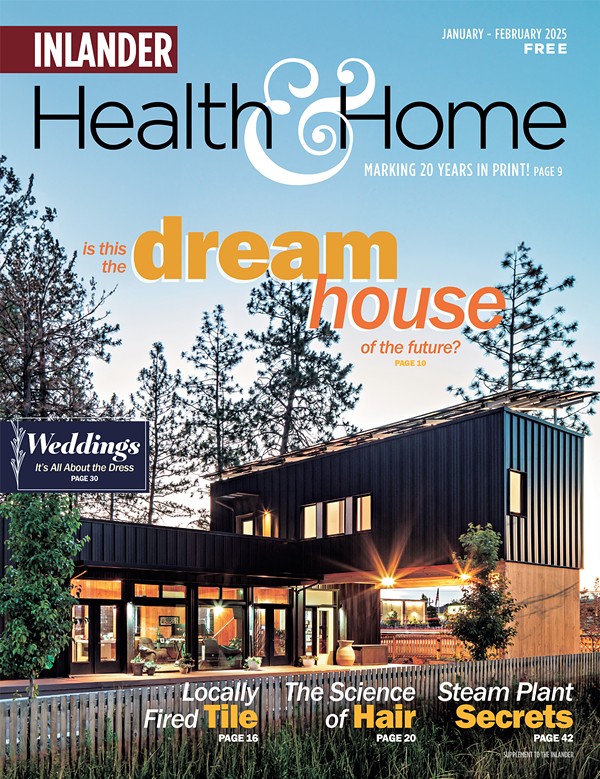In February 1942, shortly after the Japanese attack on Pearl Harbor, President Franklin D. Roosevelt ordered 120,000 Japanese Americans to register for internment camps, contained by barbed wires and armed guards. During this time, it became normal for patriotism to turn into anger and resentment.
At a Washington, D.C., memorial dedicated to one of the worst chapters in American history, these words are carved in stone: "The lessons learned must remain as a grave reminder of what we must not allow to happen again to any group."
More than two-thirds of those sent to the internment camps were U.S. citizens. We want to think it can't happen again — but with dangerous patterns emerging as Donald Trump prepares to take office, there's hardly anything that can't happen. So when Carl Higbie, spokesman for the pro-Trump Great American PAC, cited internment camps during a Fox News interview as the basis for creating a registry for Muslim immigrants, the backlash felt insignificant. Trump apologists struggled to explain the inexplicable, but what seems so terrible now seemed normal, because most ignored the racist underpinnings.
Meet the normalizers.
The normalizers aren't at a KKK rally; they are quieter than extremists. They even publicly denounce hate and certainly don't think of themselves as racists. Normalizers can be Republicans and Democrats. Normalizers don't call out a friend who posts a hyperpartisan fake news story. Normalizers can swing an election.
They root for Trump to succeed so the country as a whole can as well, but they ignore those made to live in fear. A normalizer tells an undocumented immigrant student who is legally able to attend Eastern Washington University — a "Dreamer" — not to worry about deportation. They tell a Medicaid patient seeking birth control not to worry about cuts to her health care.
The normalizers hold media power, too. They run headlines like "Trump claims that millions voted illegally" — missing the key word "falsely," since his claim is baseless. The normalizers live in post-election paralysis by analysis, spending more time theorizing why Hillary Clinton lost (she didn't) or how Bernie Sanders could've won (he couldn't), thus downplaying the tragic consequences of Trump's ascendancy to power. The normalizers report on Trump's "policy" pronouncements, such as building a border wall, as if it was another politician talking about a highway bill. It's the acceptance of the term "alt-right," when really, this is just another way to rebrand white supremacy — another tool of normalization.
They normalize the worst, most hateful impulses of our country, until it's too late.
If you've lived your life on the sidelines, or if you voted for Trump because you're upset about the economy, and you're still with me, thank you for reading. I hope you can listen and empathize. I'll do the same. But you need to speak out.
What this election really meant is that if you value love and justice, it's time to fight. Hate has long been alive and well in our country, but Trump legitimized a dangerous subset of people who believe that people of color and/or immigrants are a threat — that they are "the other," that they are un-American, along with other groups whose rights are on the table, including women and the LGBTQ community. Their human rights are portrayed as less-than.
This is my president; I accept that. But I know that this is not what it means to live in America in 2016. The only way our country moves backward — that blatant and institutionalized discrimination becomes our new normal — is if you don't promise to fight for policies that protect the rights of all people.
Author , journalist and feminist icon Gloria Steinem put it best: "I feel as if this is a vote against the future, and the future is going to happen anyway." Looking back now, there's no time to wait to see what happens next. ♦
Paul Dillon, a Center for Justice board member, manages public affairs for Planned Parenthood of Greater Washington and North Idaho.

















